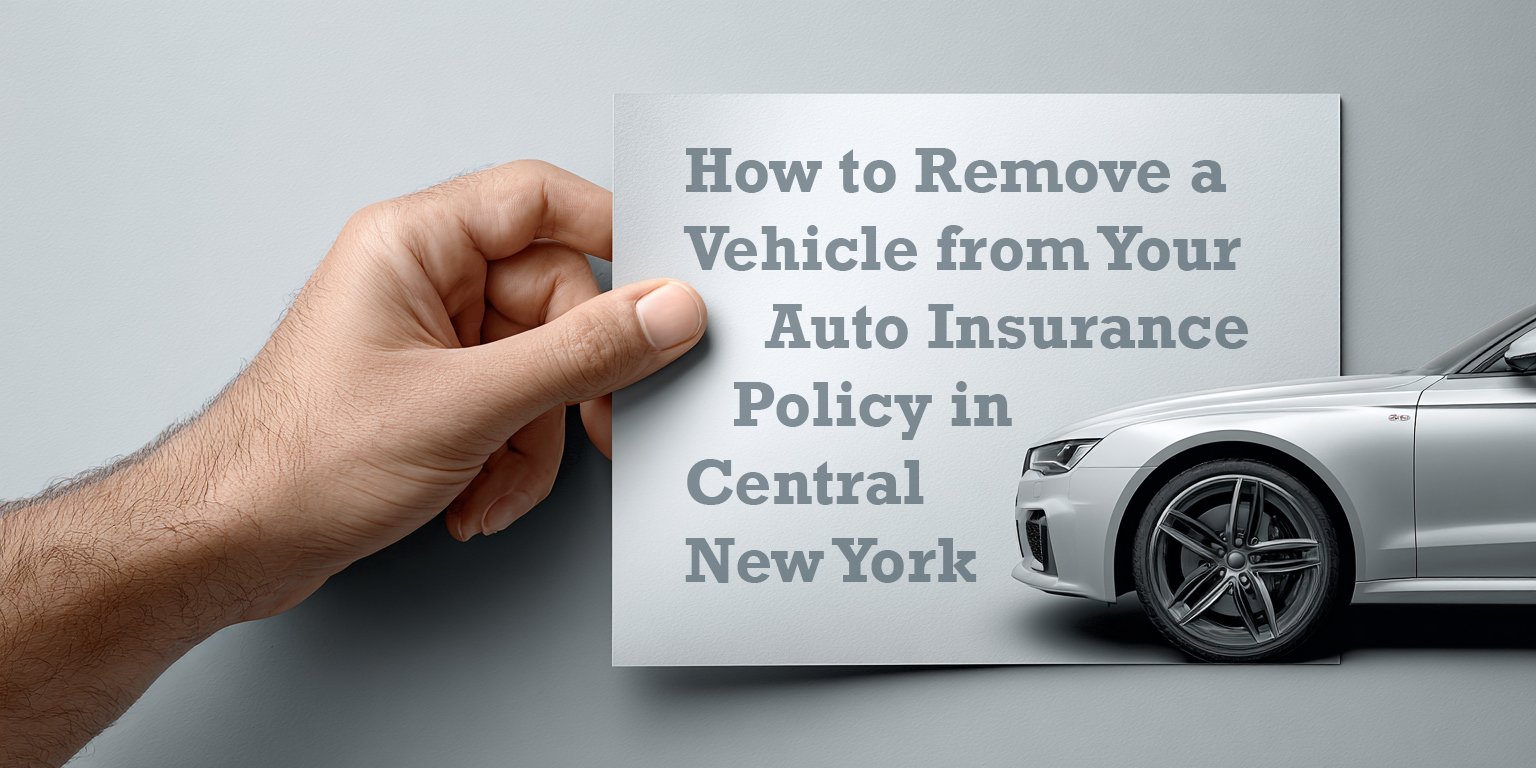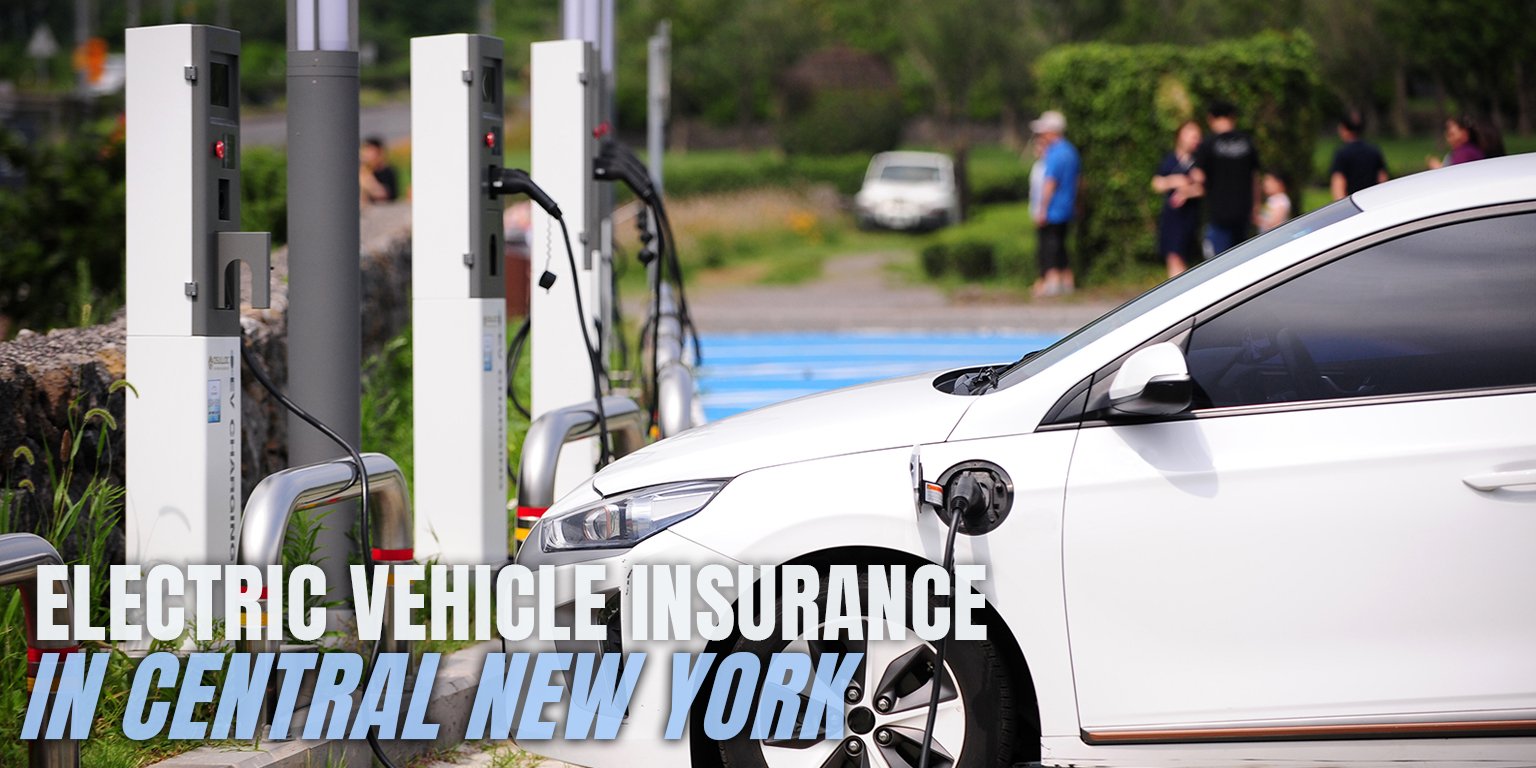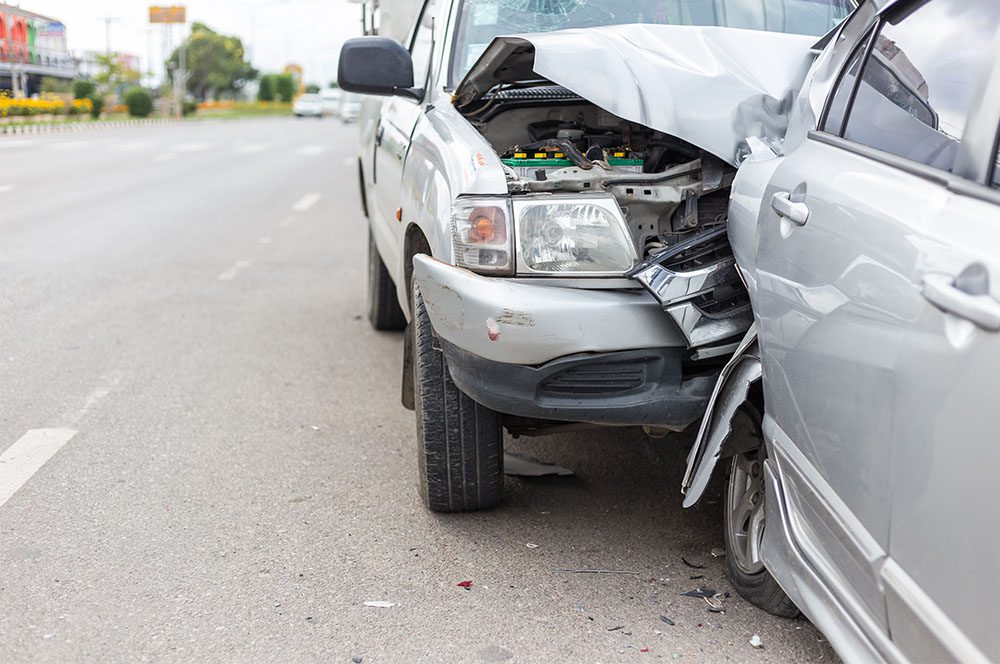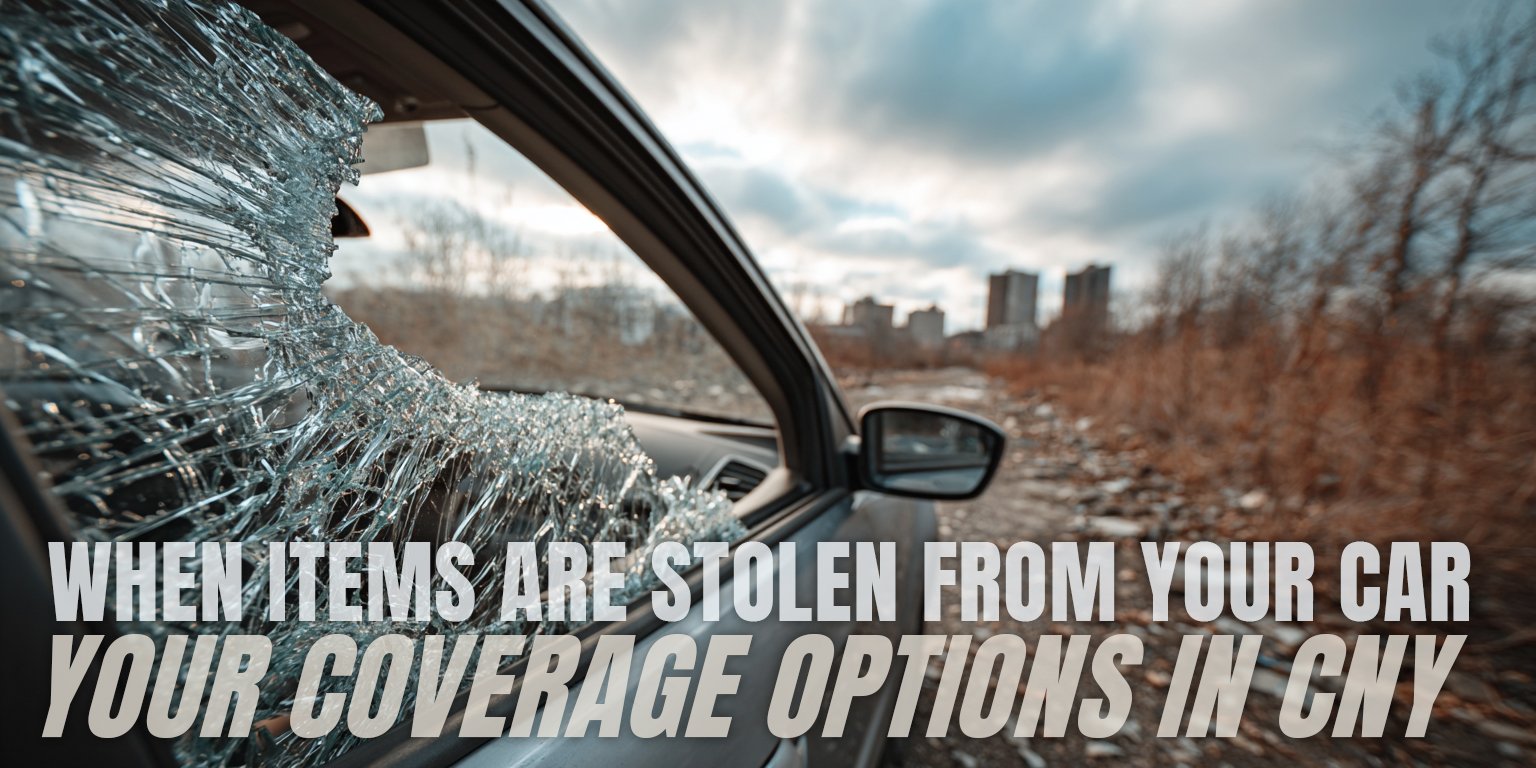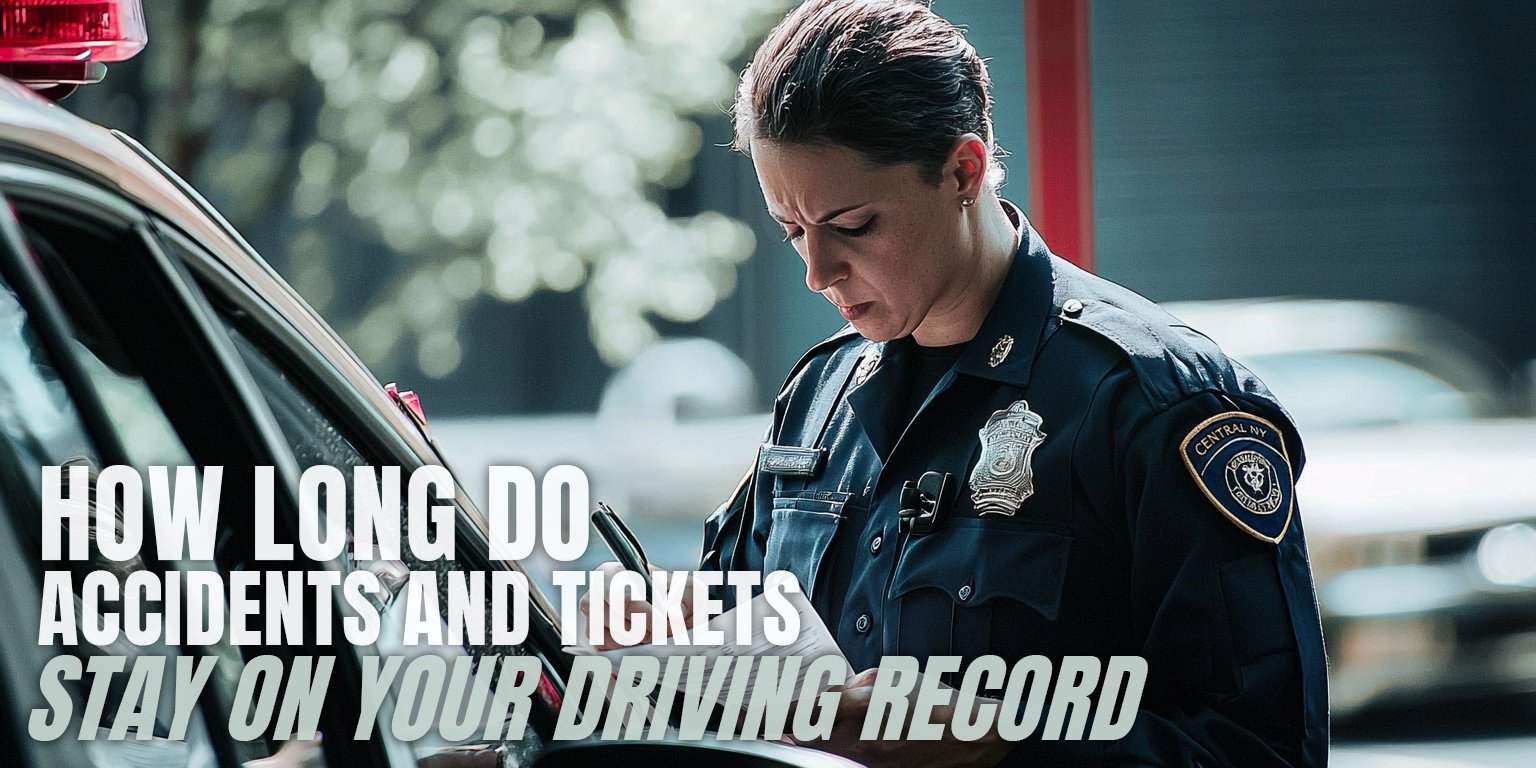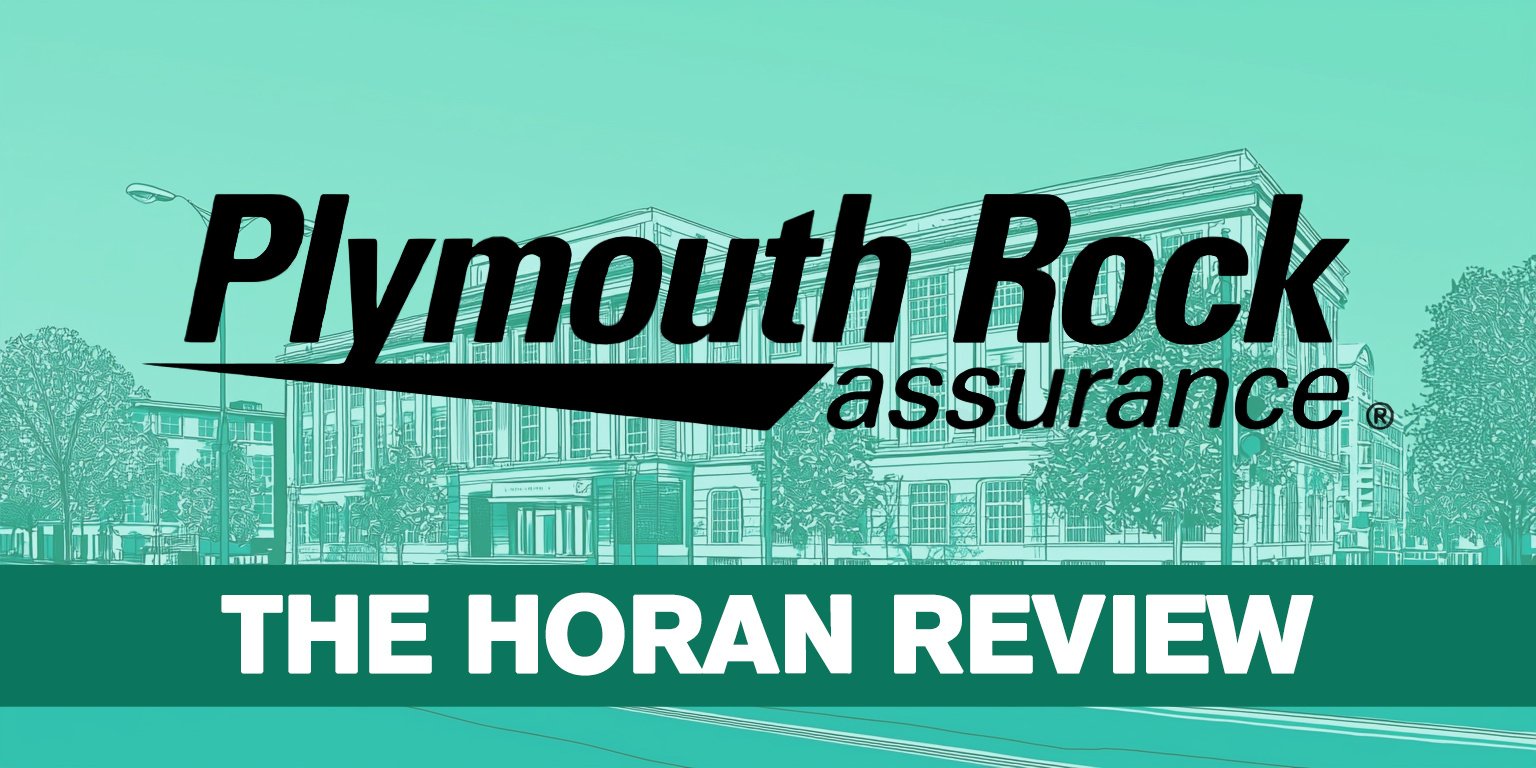Understanding Rental Car Reimbursement Coverage When Changing Vehicles on Your Auto Policy
July 14th, 2025
4 min read
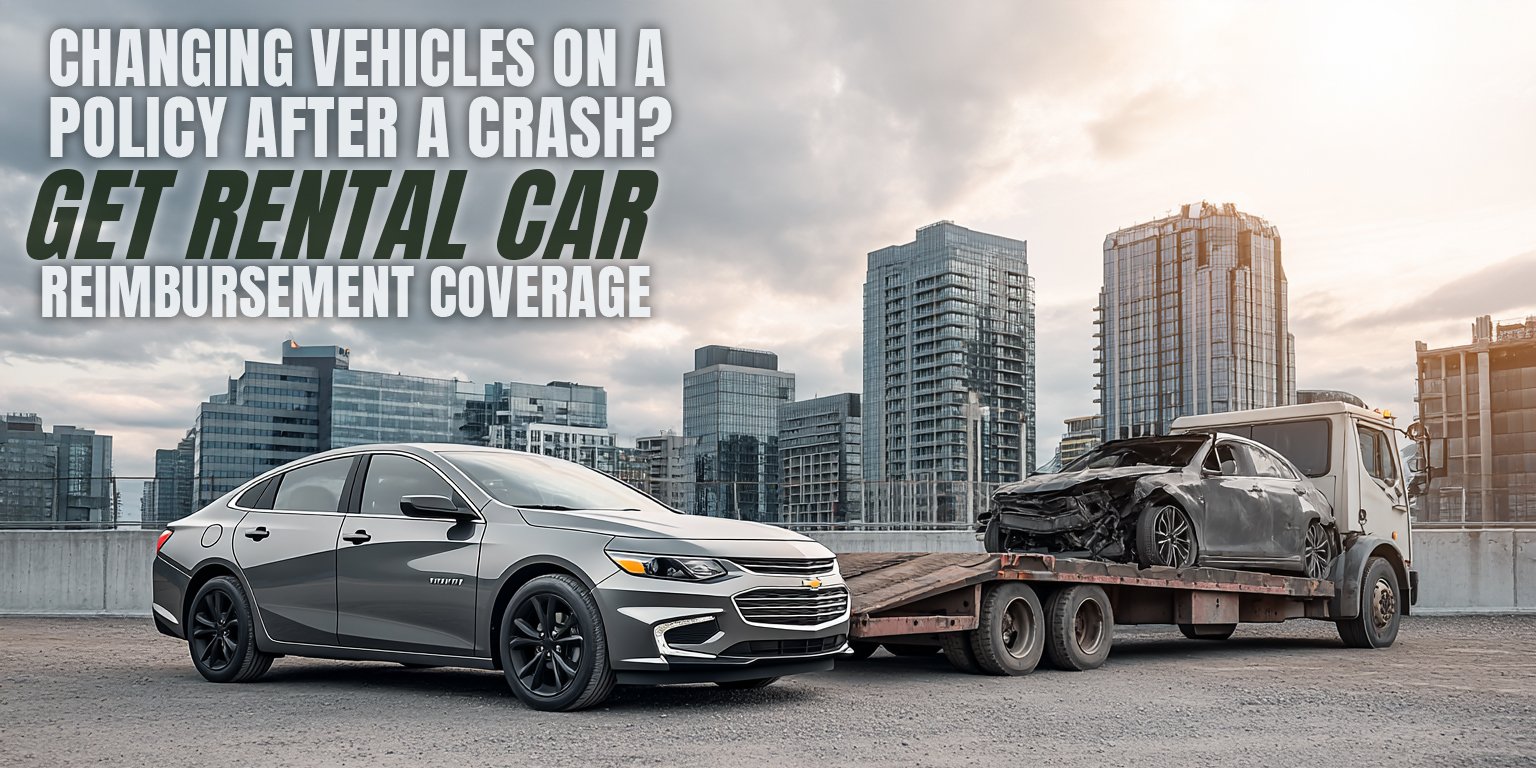
When your car is in the shop after an accident, the last thing you want is to discover you lack rental car reimbursement coverage. This scenario unfolds more often than you might think across Central New York. Many policyholders assume all their coverage details transfer perfectly when adding a new vehicle, only to discover critical gaps when they need coverage most.
At the Horan insurance agency, we assist Central New York drivers in reviewing their coverage options when making vehicle changes to their policies. This can help create clarity around what coverage is included when you update your policy with a new or additional vehicle.
In this article, we'll examine what happens when rental car reimbursement coverage is overlooked during vehicle changes, why this coverage matters, and considerations for your policy when making updates.
What Rental Car Reimbursement Coverage Actually Covers on Your Auto Policy
Rental car reimbursement isn't what many drivers assume. This coverage has nothing to do with renting cars during vacations or business trips. Instead, it covers the cost of a rental vehicle when your insured car is in the repair shop due to a covered claim.
Without this coverage, you may face paying rental costs out of pocket—even if the accident wasn't your fault. While another driver's insurance might eventually cover these expenses, the process often takes time, leaving you responsible for immediate transportation costs.
For example, if your vehicle sustains damage in a collision and requires three weeks for repairs, rental car reimbursement coverage helps pay for your temporary transportation. Depending on your policy limits, this coverage typically provides $30-$50 per day for up to 30 days.

The common misconception we encounter is customers believing "full coverage" automatically includes rental reimbursement. In reality, rental coverage is an optional endorsement you must specifically request and add to your policy.
This misconception often leads drivers to believe they are fully prepared when, in reality, important optional coverages like rental reimbursement are missing. For a broader discussion on reviewing your "full coverage" and other aspects of your policy, especially as your vehicle ages or is paid off, you might find this article helpful: Should I Keep “Full Coverage” on My Paid-Off Car?
To further clarify, it’s important to distinguish between rental car reimbursement and other types of rental car coverage you might encounter. For a more detailed breakdown of these differences, read our article: Rental Car Coverage vs. Rental Car Reimbursement: Understanding the Difference.
How Vehicle Changes Can Create Unintended Coverage Gaps in Your Policy
When you add or replace a vehicle on your auto policy, insurance agents typically ask if you want to maintain the same coverages from your previous vehicle. This seemingly straightforward question can create confusion without clear communication.
Consider Gregory's situation: After purchasing a new SUV, Gregory contacted his insurance company to update his policy. When asked if he wanted the same coverages as his previous vehicle, he quickly agreed, assuming all essential coverages were included. Three days later, Gregory was involved in a collision that left his new vehicle in the repair shop for two weeks.
 When Gregory tried to arrange a rental car, he discovered his policy didn't include rental reimbursement coverage. His previous vehicle had also lacked this coverage—a detail he hadn't realized when agreeing to transfer the same coverages.
When Gregory tried to arrange a rental car, he discovered his policy didn't include rental reimbursement coverage. His previous vehicle had also lacked this coverage—a detail he hadn't realized when agreeing to transfer the same coverages.
Despite the accident being caused by another driver, complications with the other party's insurance meant Gregory faced significant out-of-pocket expenses for a rental vehicle during repairs.
Even when another driver is at fault, their insurance company may take time to accept liability and arrange a rental. Your own rental reimbursement coverage can provide assistance without waiting for the other party's insurance to respond.
Why Confirming Specific Coverages During Vehicle Changes Affects Your Transportation Needs
When making any policy change, reviewing each coverage component individually helps you understand what's included. Rather than simply mirroring previous coverages, consider taking time to confirm each coverage option:
- Review deductible amounts: Consider if your collision and comprehensive deductibles match your financial comfort level
- Check liability limits: Review whether your coverage limits are adequate for your assets if you're sued by others following an accident
- Discuss specific endorsements: Ask about rental reimbursement, roadside assistance, and other optional coverages
For rental reimbursement specifically, consider your transportation alternatives if your vehicle becomes undrivable. Do you have access to another vehicle? Can you rely on public transportation? If not, rental coverage may provide support against unexpected transportation costs.
Most carriers offer rental car reimbursement for approximately $5-15 per six-month period, making it an affordable addition to your policy given the potential benefit.
If you're still weighing the benefits, a deeper dive into the specifics of this valuable coverage can help. Explore more about its features and why it's a critical addition to your policy here: Rental Car Reimbursement Coverage: What It Is and Why You Need It.
Documenting Your Coverage Decisions When Making Policy Changes
When discussing policy changes with your insurance agent, consider requesting confirmation of which coverages are included and excluded. Ask specifically about rental reimbursement coverage rather than assuming it's part of a standard package.
If you choose to decline rental reimbursement coverage, consider the potential consequences of this decision. Should you experience a claim, you'll need to arrange and pay for alternative transportation while your vehicle undergoes repairs.
At the Horan insurance agency, we document coverage discussions and decisions in our client files. This creates a record of your coverage selections and can help clarify conversations should a claim occur. We encourage asking questions about any coverage you don't fully understand before finalizing policy changes.
Take Control of Your Auto Policy Coverage Decisions
Understanding what's covered—and what isn't—before an accident happens can help prevent surprises during the claims process. Rental car reimbursement coverage represents one of several optional endorsements that provide coverage beyond standard policy provisions.
The next time you update your auto policy with a vehicle change, consider reviewing each coverage option individually. This approach can help you select coverages that fit what you're looking for.
The Horan insurance agency can discuss your current auto policy coverages and coverage options. We work with Central New York drivers as they make insurance decisions for their specific transportation situations.
Click the Get a Quote button below to review your current auto policy, including whether you have rental car reimbursement coverage in place for when you might need it.
Daniel is an accomplished content creator. He has been working in publishing for almost two decades. Horan Companies hired Daniel as its content manager in November 2022. The agency entrusted its messaging to him. Since then, Daniel has written insurance articles, service pages, PDF guides, and more. All in an effort to educate CNY readers. He's helping them understand the world of insurance so they can make informed decisions.
Topics:





